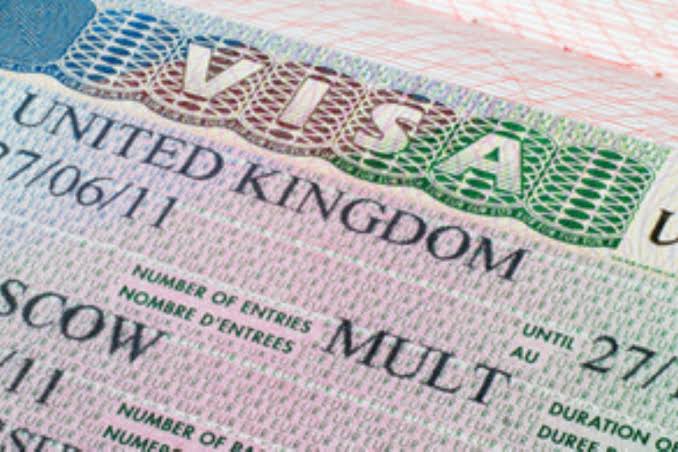The United Kingdom plans to introduce tougher visa restrictions on citizens from countries whose nationals frequently overstay their visas and later seek asylum.
A report by The Times revealed that the UK Home Office has flagged Nigeria, Pakistan, and Sri Lanka as high-risk countries. Many citizens from these nations overstay their permitted stay and apply for asylum, which, when granted, allows them to remain in the UK permanently.
In response to these trends, the Home Office may impose stricter rules for nationals from the listed countries applying for work or study visas.
“Our upcoming Immigration White Paper will set out a plan to restore order to our broken immigration system,” said a Home Office spokesperson. “We’re collecting intelligence on individuals who come on work and study visas and later seek asylum.”
The spokesperson added that the UK keeps the system under constant review. Authorities will act when they detect patterns that undermine immigration rules.
Nigerians Feel the Pinch of Tougher Policies
Over the last two years, Nigerians have felt the impact of the UK’s immigration reforms. New policies under former Prime Minister Rishi Sunak, including limits on dependents and post-study work options, have caused a sharp drop in international student applications.
Many Nigerians are now looking to the United States. However, that option has become less stable. Former President Donald Trump enforced strict immigration measures, including the threat of deportation for students with valid visas.
A 2024 report showed Nigeria’s visa rejection rate to the UK increased from 1 in 31 in late 2022 to 1 in 8 by the end of 2023. This led to a 63% drop in approved visas for Nigerians.
With high rejection rates and non-refundable fees, many Nigerian applicants face serious financial strain. TheCable reported that between June 2023 and June 2024, the British government earned over ₦40 billion from visa applications by Nigerians.
In response to these trends, African economists and development experts are urging citizens to stay back and help build their home countries rather than seeking opportunities abroad.












